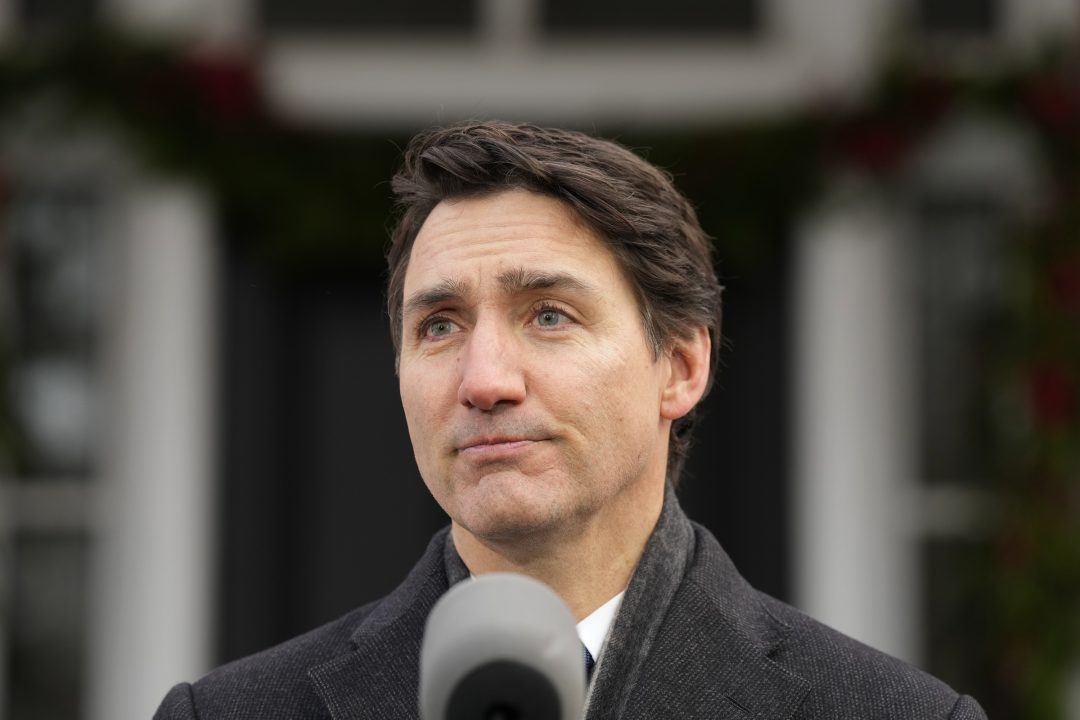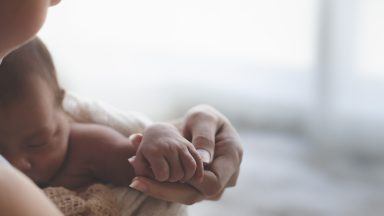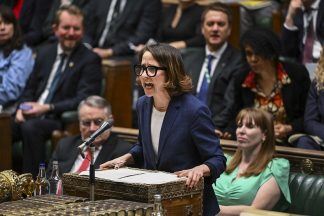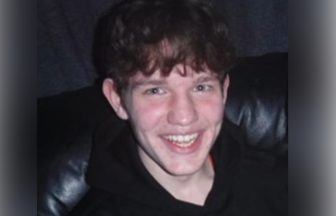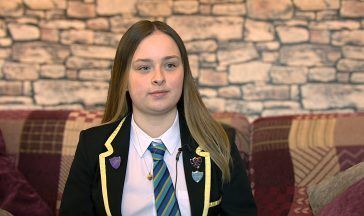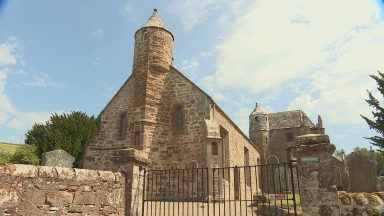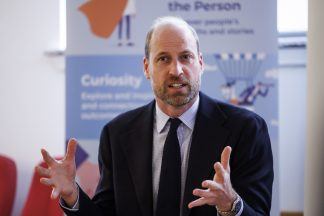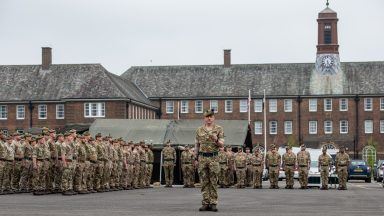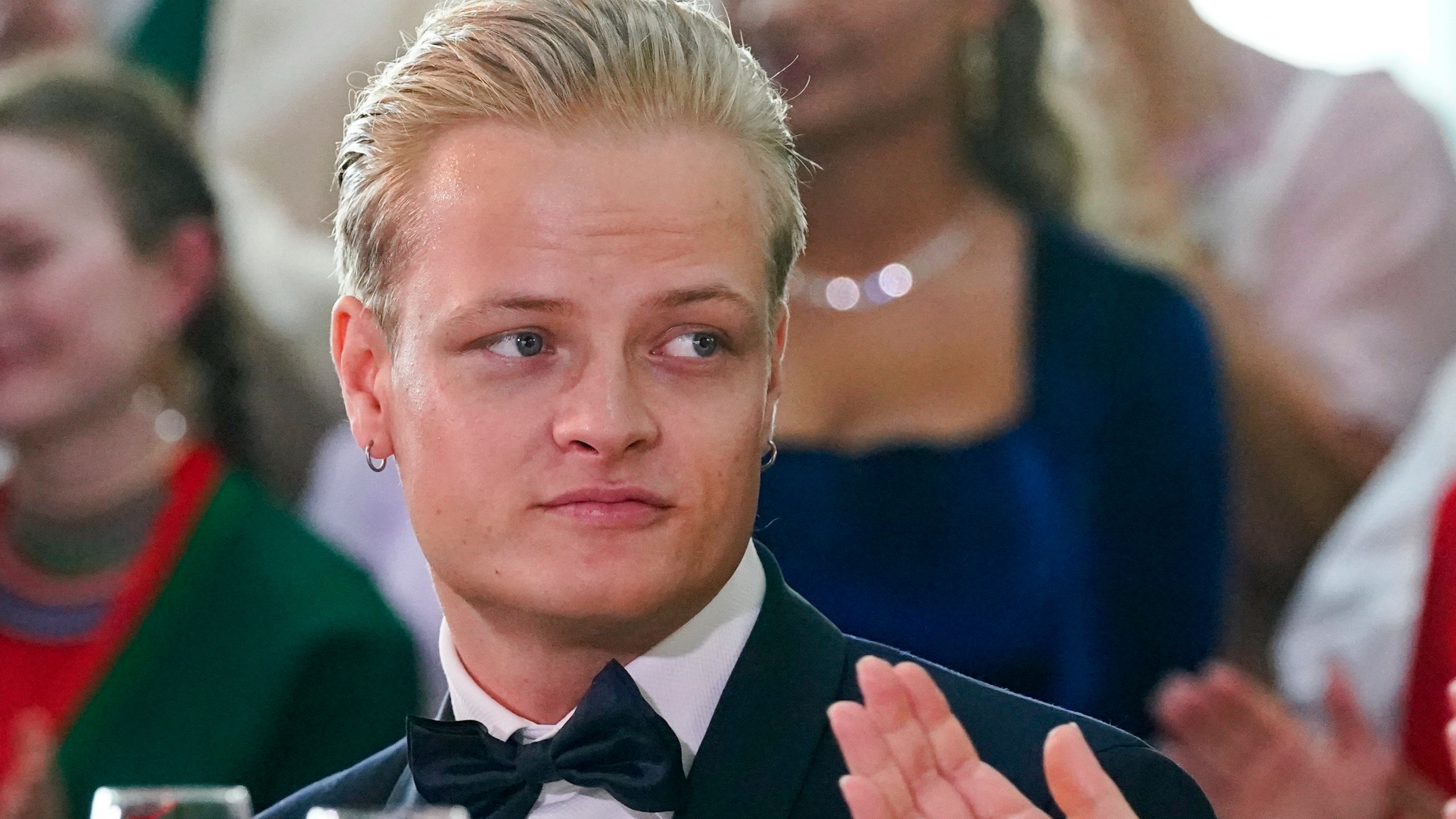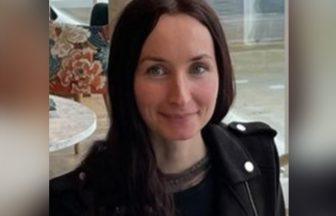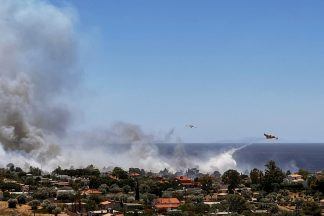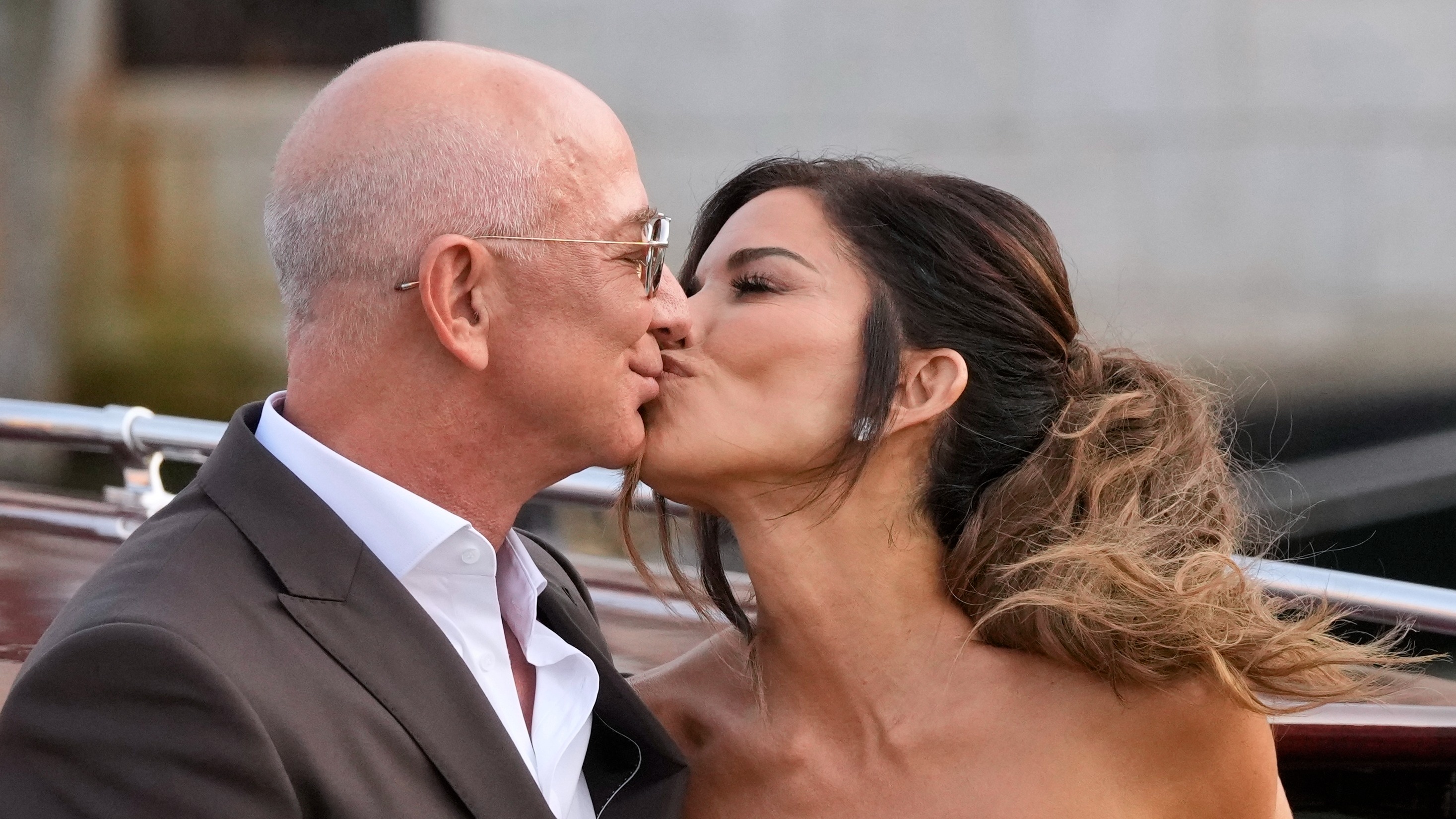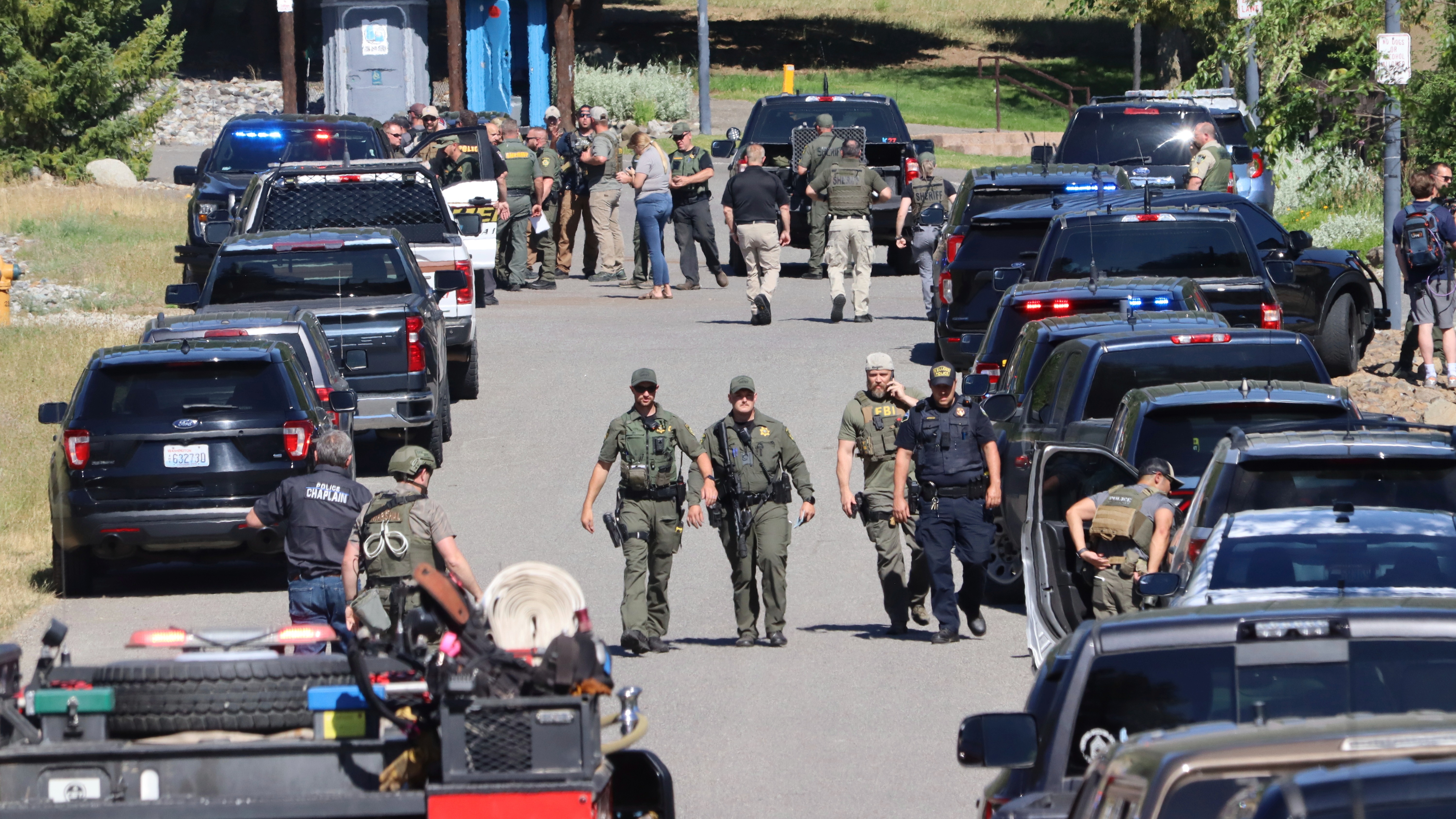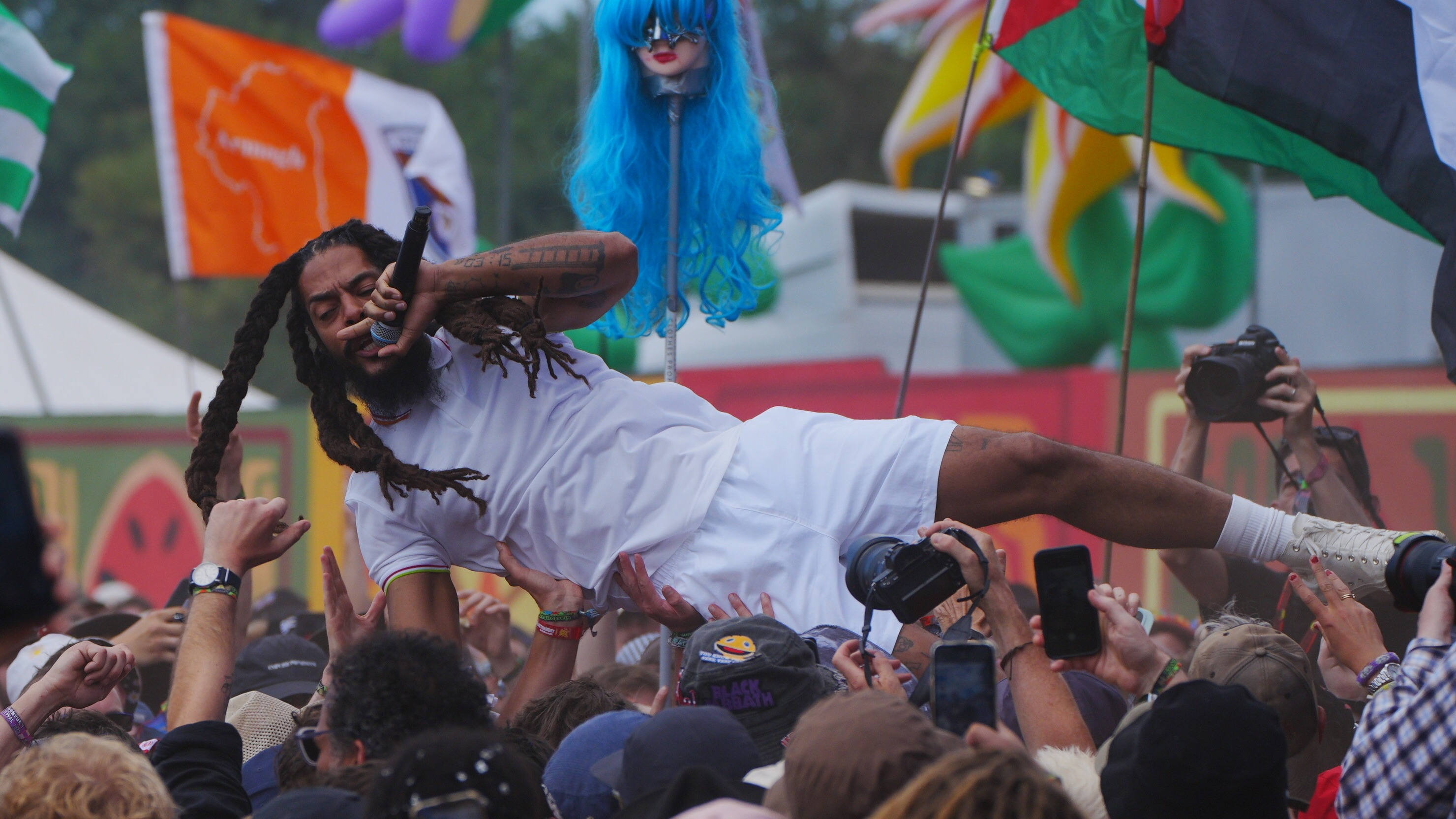Canadian Prime Minister Justin Trudeau has announced his resignation following the rise of discontent over his leadership and growing turmoil within his government.
Trudeau made the announcement at a press conference outside his residence at Rideau Cottage, in Ottawa, saying “internal battles” mean that he “cannot be the best option” in the next election.
He will stay on as prime minister until a new leader of the Liberal Party is chosen.
“I don’t easily back down faced with a fight, especially a very important one for our party and the country. But I do this job because the interests of Canadians and the well being of democracy is something that I hold dear,” he said.
Parliament, which had been due to resume on January 27, will be pro-rogued until March 24.
The timing will allow for a Liberal Party leadership race, though it was not clear when nationwide elections would be held to pick a permanent replacement.
All three main opposition parties have said they plan to topple the Liberal Party in a no-confidence vote when Parliament resumes, so a spring election to pick a permanent replacement was almost assured.
“The Liberal Party of Canada is an important institution in the history of our great country and democracy. A new prime minister and leader of the Liberal Party will carry its values and ideals into that next election,” Trudeau said. “I am excited to see that process unfold in the months ahead.”
Trudeau came to power in 2015 after ten years of Conservative Party rule and had initially been hailed for returning the country to its liberal past.
However, the 53-year-old scion of one of Canada’s most famous prime ministers became deeply unpopular with voters in recent years over a range of issues, including the soaring cost of food and housing and surging immigration.
The political upheaval comes at a difficult moment for Canada internationally. US President-elect Donald Trump has threatened to impose 25% tariffs on all Canadian goods if the government does not stem what Mr Trump calls a flow of migrants and drugs into the US – even though far fewer of each cross into the US from Canada than from Mexico, which Mr Trump has also threatened.
Canada is a major exporter of oil and natural gas to the US, which also relies on its northern neighbour for steel, aluminium and autos.
Trudeau has kept publicly quiet in recent weeks, despite intensifying pressure for him to step down.
Ms Freeland and Trudeau had disagreed about two recently announced policies: a temporary sales tax holiday on goods ranging from children’s clothes to beer and plans to send every citizen a check for 250 Canadian dollars (£138).
Ms Freeland, who was also deputy prime minister, said Canada could not afford “costly political gimmicks” in the face of the tariffs threat.
“Our country is facing a grave challenge,” Ms Freeland wrote in her resignation letter. “That means keeping our fiscal powder dry today, so we have the reserves we may need for a coming tariff war.”
Follow STV News on WhatsApp
Scan the QR code on your mobile device for all the latest news from around the country


